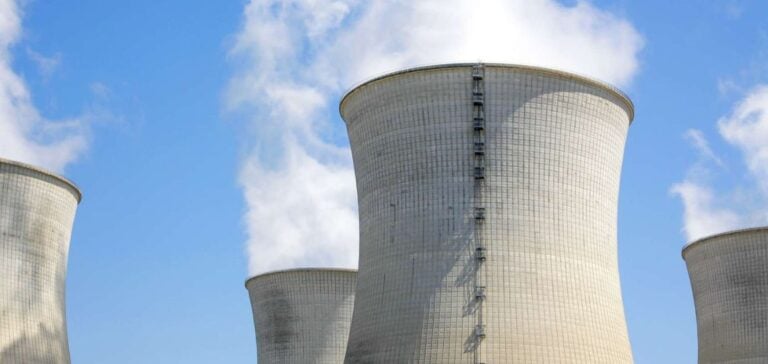At the Nuclear Energy Summit in Brussels, emphasis was placed on the crucial role of nuclear power in reducing greenhouse gas emissions. Discussions set the scene for COP29, highlighting the safety and accessibility of nuclear technologies.
Expanding the role of nuclear power at COP28
The adoption of nuclear power as a solution for reducing emissions at COP28 marks a historic turning point. This reflects ongoing efforts to guarantee the safety of nuclear energy, and underlines the essential role of the International Atomic Energy Agency (IAEA). This recognition paves the way for increased use of nuclear energy, with a focus on enhanced safety and affordable access to nuclear technologies for peaceful purposes.
Azerbaijan’s commitment as host of COP29
Azerbaijan, the controversial host of COP29, pledges to lead efforts to achieve concrete results at the Baku event. The aim is to ensure the inclusion of nuclear power in COP resource discussions, with a focus on safe, secure, equitable and affordable expansion, while ensuring environmental sustainability.
Innovations and safety
The country is also exploring with the IAEA the use of nuclear technologies to detect landmines, a major challenge for Azerbaijan. This effort underlines the importance of nuclear technology not only for energy production, but also for environmental and safety applications.
The text of the COP28 global agreement recognizes the need for deep, rapid and sustained cuts in greenhouse gas emissions, aiming for a reduction of 43% by 2030 and 60% by 2035 compared to 2019 levels. The agreement encourages a transition from fossil fuels to emission-free energy systems, including nuclear and other technologies such as carbon capture and storage, in a global effort to achieve carbon neutrality by 2050.






















